Indonesia

Addressing Captive Coal Power Crucial to the Decarbonisation of Indonesia
According to a joint report by CREA and Global Energy Monitor, future emissions from Indonesia’s captive coal plants are a major threat that must be considered within the planned use of the USD 20 billion Just Energy Transition Partnership (JETP) funding.
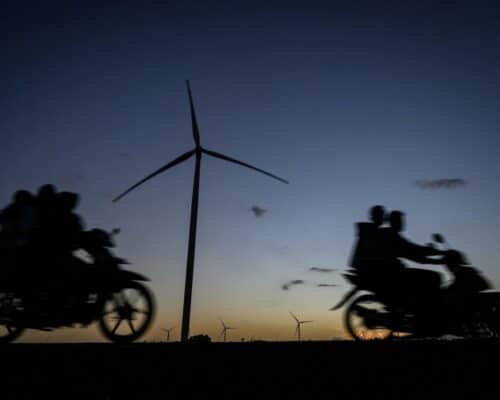
Wind Energy In Indonesia: Slow Growth, Promising Future
Indonesia has a significant potential for wind energy, yet the country only has two utility-scale wind farms running. This is primarily the result of high initial investment costs and a need for more supportive regulation for development. These policies must improve to help the country capitalise on its wind energy potential and meet its decarbonisation goals.
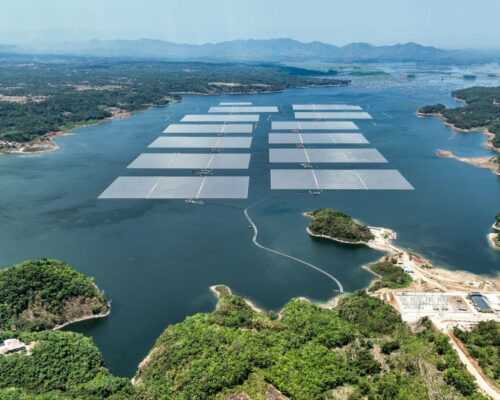
Solar Energy In Indonesia: Potential and Outlook
Indonesia has significant potential for solar energy. However, it has remained largely untapped. The country's 2030 and 2060 decarbonisation goals heavily rely on the industry's rapid expansion.
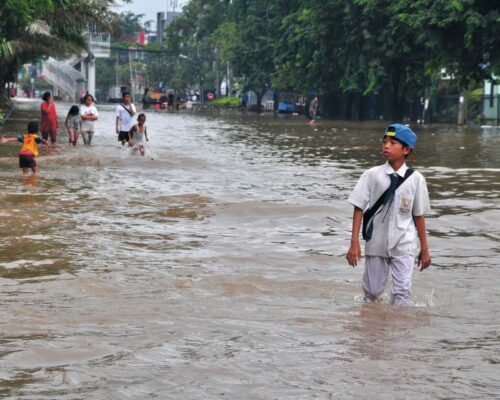
Climate Change in Indonesia: A Nation’s Response and Challenges
Climate change is a major concern for Indonesia. Its extensive coastline, tropical climate and low human development index scores are major risk factors. In response, the country has started implementing long-term climate goals and looking for international assistance in funding its programs.
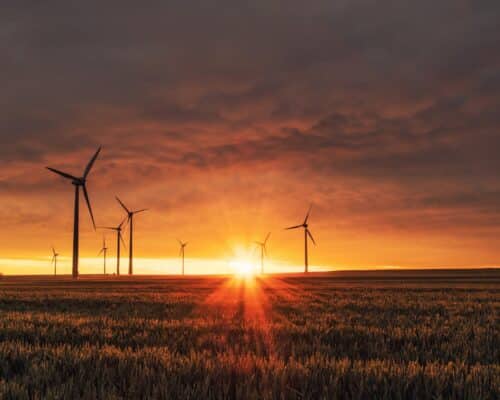
Indonesia Energy Transition Outlook 2024: In Light of the JETP
Whoever holds power after Indonesia’s February elections has a chance to alter the country's future. Projects, like increased coal and gas capacity and expensive, untested technologies, should remain on paper, while solar and wind must become the priority.
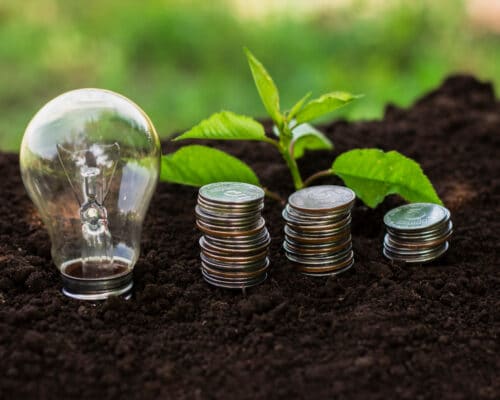
Clean Coal vs Renewables: Economic Costs and Gains For Southeast Asia
Despite the subsidies and industry support, Japan’s proposed technologies are struggling to prove promising even at home. Yet, it aims to export them to countries with much more fragile economies and significant challenges. Crunching the numbers reveals that Southeast Asia has a lot to gain if its pursues renewables instead.
Indonesia Dances Around Taxonomies to Mobilise Capital for Its Coal Phaseout Programmes
Since Indonesia signed the US$20 billion Just Energy Transition Partnership (JETP) agreements late last year, the government has mobilised multiple workstreams to create policy structures to support the critical first stage of early coal retirement. However, more than mere tweaks to criteria for supporting early coal retirement may be required.
Driving Change: The Story of Electric Vehicles in Indonesia
The EV transition is taking the world by storm. While emerging markets remain the last bastion of legacy automakers, they will soon also embrace the transport industry's electrification. And Indonesia promises to be among the best examples of the EV revolution.
Japanese Technology Expansion: Southeast Asia Pays the Price
This year's G7 meeting, which Japan will chair, remains an important moment for its international credibility in the battle against the climate crisis.

IPCC Report: Climate Finance for Adaptation Must Increase for Developing Countries
The latest IPCC Working Group II report largely stresses the need to accelerate climate adaptation, eradicate injustice and end the use of fossil fuels. The report, ‘Climate Change 2022: Impacts, Adaptation, and Vulnerability,’ emphasised that coal and other fossil fuels are choking humanity.

Indonesia Bans Coal Exports for January – What it Means for the World
The effect of Indonesia's decision to ban January coal exports ripples through the leading Asian economies. Coal shipment bans from leading exporters are yet another reminder that fossil fuels are a dead end and surface an extensive universe of risks. However, they might prove detrimental in putting the industry to bed.
Coal In Indonesia – A Sticky Habit
Indonesia is the world's fifth-largest coal producer and largest coal exporter. Coal is a significant part of the economy and a substantial portion of its energy mix. Unfortunately, coal power has not provided electrification to many remote regions of the country and is a significant roadblock in global net-zero targets. Indonesia needs to reassess its energy policy.
Competing with Coal: Renewable Energy in Indonesia
Indonesia recently released their energy plan for 2021-2030 and many energy experts are worried. The country does plan to increase renewable energy capacity, but it will continue to invest in coal power. This signals a lack of commitment to regional and global net-zero targets, putting more climate stress on the ASEAN region.
Case Study: Tsingshan Industrial Parks in Indonesia Post-China’s Coal Pledge
In light of the no-coal-power-overseas pledge by China’s President Xi Jinping and Indonesia’s commitment to no new coal power in the recent COP26, the industrial parks fueled by captive coal power in Indonesia, developed by China, face challenges and their future is dotted with question marks.
Most Popular
Categories
-
10
-
35
-
126
-
4
-
17
-
46
-
52
-
11
-
15
-
10
-
24
-
6
-
1
-
5
-
6
-
284
-
200
-
17
-
24
-
1
-
1
-
23
-
41
-
44
-
88
-
18
-
86
-
41
-
17
-
11
-
43
-
54
-
86
-
299
-
22
-
44
-
36
-
11
-
42
-
36

